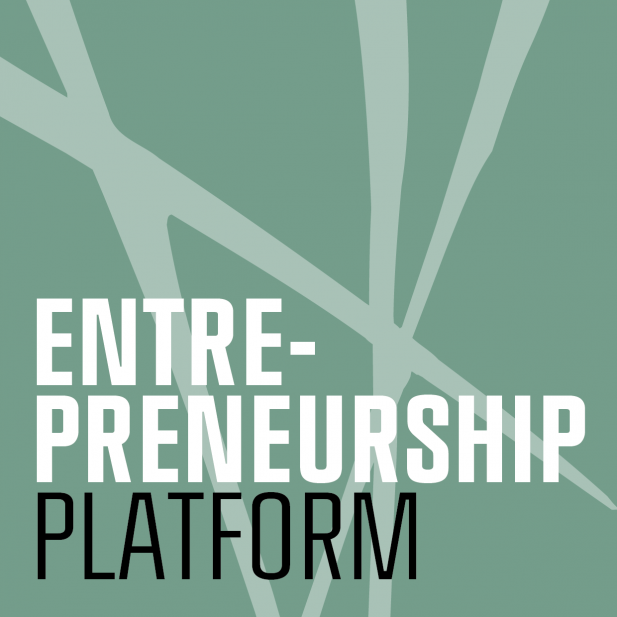A crowdfunding seminar

Carine Farias is a Research Fellow at the ESSEC Philanthropy Chair. She holds a PhD in Management from EMLYON Business School (2015). Her research mainly focuses on the construction and maintenance of socially creative organizations, as well as on the relationships they establish with their environment. More precisely, she investigates cultural and organizational processes aimed at a collective re-appropriation of the public space and the economy.
Selected work:
Farias, C. Money is the root of all evil, or is it? Recreating culture through everyday neutralizing practices. Conditional acceptance at Organization Studies.
Farias, C. That’s what friends are for: Hospitality and affective bonds fostering collective empowerment in an intentional community. 1st round of revision at Organization Studies.
Farias, C.; Courpasson, D. & Vallas, S. Exploring unintended hierarchical patterns in an intentional community. In progress.
Farias, C.; Gautier, A. The invisible intermediary: Crowdfunding platforms’ influence on reciprocal-giving. In progress.
At the seminar, she will present the last paper (above) on crowdfunding.
The broad idea of the paper is the following:
In most research about crowdfunding today, platforms appear as virtual spaces merely facilitating the development of direct – and potentially deeply engaged – interactions between donors and entrepreneurs. We argue that this conceptualization is misleading because it wipes out the organization enabling these practices to take place. Such omission can lead us to think that crowdfunding organizations are neutral agents allowing for purely de-intermediated philanthropic relations. Consequently, most research on this phenomenon either ignores or does not address the role and impact of such organizations in the process of giving and receiving. However, most platforms are operated by private companies or NGOs – purely peer-to-peer platforms are a tiny minority – which follow specific purposes and manage their relationships with donors and entrepreneurs accordingly.
Far from being neutral payment hubs, they hold potential to significantly influence the success or failure of fundraising campaigns. They can indeed deploy diverse practices directly affecting the form,content and dissemination of campaigns exercising power over entrepreneurs and donors.
This research project aims at addressing the following questions: How do crowdfunding organizations interact with entrepreneurs and donors? What activities or recommendations are proposed to them? How does following their recommendations influence the success of campaigns? Where does the power of the crowdfunding organization stop and where does the power of the entrepreneur begin?